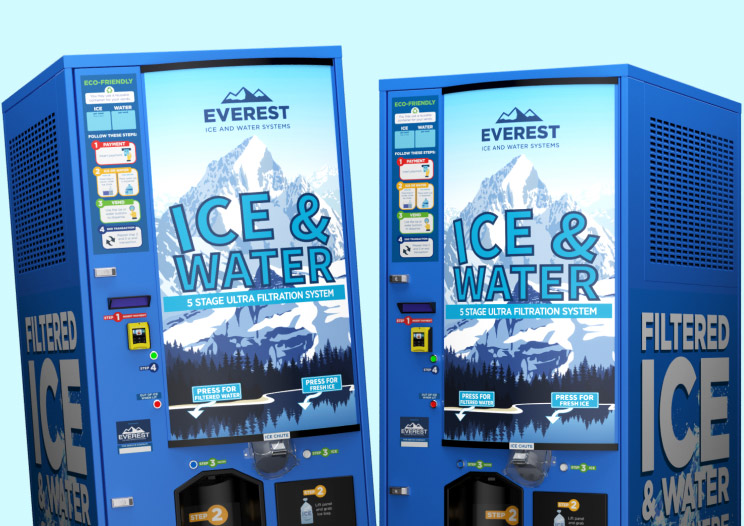Ultimate Tax Guide for Ice Vending Owners

Just like with any business, owning an ice vending machine comes with various tax considerations. It’s important to keep accurate records and consult with an accountant to ensure compliance with federal laws and to maximize your benefits. Here are some key tax considerations for ice vending machine owners:
Your Business Structure Will Make a difference
Deciding what business structure you want to have is one of the biggest decisions a new ice vending machine owner can make. No matter whether you decide to structure your business as a sole proprietorship, LLC, or corporation, each structure has different implications. Consult with a finance advisor to determine which structure suits your business best to ensure you can take advantage of any savings that are available in your area for different business structures.
Common Tax Credits and Deductions
Depending on where you live, you may qualify for some of these tax credits and deductions:
- Small Business Tax Credits: Research if you qualify for any small business tax credits, such as the Work Opportunity Tax Credit (WOTC)
- Depreciation: Ice vending machines are considered business assets and can be depreciated over time. This allows you to deduct a portion of the machine’s cost over several years.
- Operating Expenses: Keep track of all business-related expenses, such as maintenance, supplies, utilities, and advertising, as these can be deducted from your taxable income.
Section 179
Section 179 refers to a tax provision that allows businesses to deduct 80% of the purchase price of qualifying equipment and software during the tax year. Simply purchase and put your machine in service before the end of the year, and make sure to file Form 4562 with your business tax return to take advantage of this program. Click here to learn more about Section 179
Though these are typical credits and deductions that Everest Ice and Water vending machine owners can take advantage of, no two situations are the same. Consider working with a certified public accountant (CPA) or accountant professional experienced in small businesses. They can help you navigate the complexities of federal laws and ensure you’re maximizing your tax benefits.








